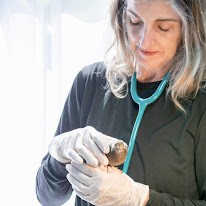 Today we’d like to introduce you to Nancy Eilen.
Today we’d like to introduce you to Nancy Eilen.
Hi Nancy, can you start by introducing yourself? We’d love to learn more about how you got to where you are today.
I was that kid who would bring home stray and injured animals. Nursing them back to health or finding new homes as best I could. About 20 years ago I found out that wildlife rehabilitation was an actual ‘thing’ and started volunteering and getting trained by experienced permitted rehabbers. Although I have worked with small mammals, reptiles, and birds, I decided to focus on songbirds and got my federal rehab permit (since birds are federally protected, both state and federal permits are required to rehab them). When Covid hit and everyone was quarantined, the calls for help I received increased beyond what I could handle in my basement. Where I usually treated about 250 birds a year, I was halfway to that point by March of 2021, which should have been the “slow” season. So, I needed to either quit because I cannot say “no” to a bird in need or get serious about starting a center. With the help of some good friends and fellow bird lovers, Wild Nest became a reality.
Now in our third year at Legacy Park, and intaking around 1500 birds a year, we are still as busy as ever. We are 100% volunteer and donation-funded. We are one of just a handful of songbird rehabilitators in the whole state, but hope to be adding to that number by training new ones. We welcome your support!
We all face challenges, but looking back, would you describe it as a relatively smooth road?
When I think about what we have now, I am fairly amazed. I would not describe the journey as “smooth,” but not as rough as it could have been. We have a cute space at Legacy Park, though quickly outgrowing it.
We have several dedicated, hardworking people with skills and experience that I don’t have for running a business. I am grateful every day for them. That said, we still constantly struggle to have enough volunteers on every shift. Now that it’s a baby season (April to September), we need about 5-6 workers on each of the three 4-hour shifts every day! Baby birds eat very often, and it’s a constant task for 12 hours a day. We are 100% volunteer, so we heavily rely on people power!
And, of course, raising enough money, just like most other rescues, is a constant effort.
Another small challenge is overcoming myths about birds like babies will be rejected for human scent. Untrue! Please put the baby back in the nest. It’s ok to use your hands, just wash them after.
Thanks for sharing that. So, maybe next, you can tell us a bit more about your business.
As the name implies, we rehabilitate wild birds. Our mission is to help the small native birds like Cardinals, Woodpeckers, hummingbirds, etc. We don’t rehab raptors, ducks, or geese and redirect those calls to other facilities. There are very few permitted songbird rehabbers in the whole state, so we get calls from everywhere. We treat about 1500 birds a year, are the largest center dedicated to just songbirds in Georgia.
As many as we treat, our call volume is 10 times that… We counsel thousands more. Most people who call have a situation that is either not as dire as they think or can be resolved by them. This time of year, the hotline is in constant use at least 12 hours a day, working to return calls that come in 24 hours a day. It may take a little time to respond, but we will answer as soon as we can. People are often amazed that we call back at all since that is not the normal experience according to what we are often told.
We also have an active training program to increase the number of bird rehabilitators. A common obstacle to callers is that they’re hours away from us or any rehabber. I dream of a day when bird help is a short trip away for everyone.
Another resource we offer is our website. We strive to provide as much guidance as possible for the people to assess and resolve the situation themselves. We strive to emphasize that babies are best off with parents, and every effort should be made to renest or reunite. Rehab is not a sanctuary; it’s a last resort. Instructions for assessing a bird’s age and needs, building a new nest, or taking temporary care of a bird overnight until we can assess or accept him are all on the website. There is a list of additional resources for species we do not rehab, even other types of wildlife. Our conservation section educates how to help birds, or at least not cause harm. Nature is already harsh enough; anything humans can do to enhance the habitat for birds is vital.
Can you talk to us about how you think about risk?
Well, creating an organization during a global pandemic may seem foolish. But I look at it now and am stunned at the progress. Of course, there have been, and continue to be, days where the effort feels unsustainable, but somehow it keeps going. I know I’ve sacrificed other areas of my life to focus on this, and I am deeply grateful to find others who are willing and able to do the same. Remember we are 100% volunteer, requiring hundreds of hours a week to be covered. Thanks to the dedication and special skills of a small band of bird lovers, we are still here.
Contact Info:
- Website: wildnestbirdrehab.org
- Instagram: Wild Nest Bird Rehab
- Facebook: Wild Nest Bird Rehab
- Youtube: wildnestbirdrehabinc
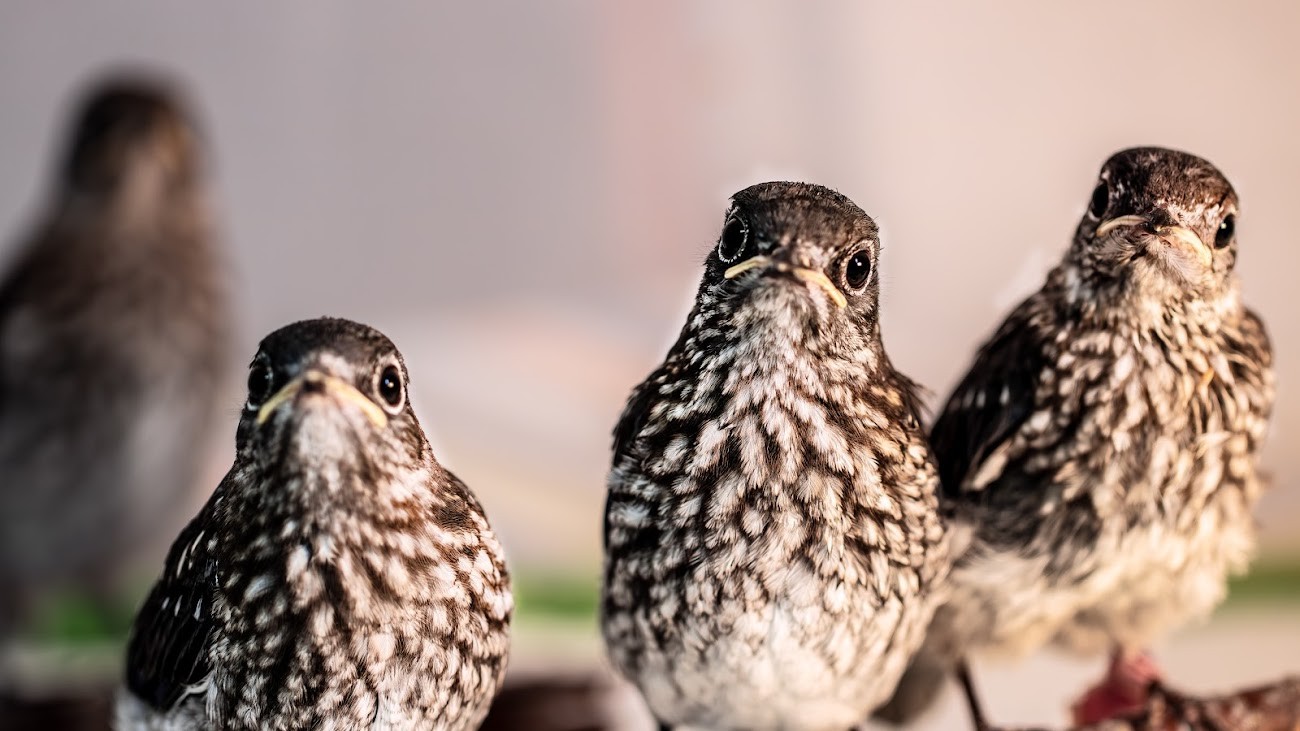
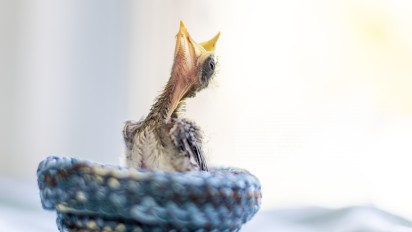
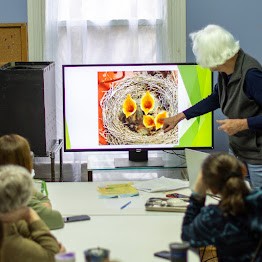
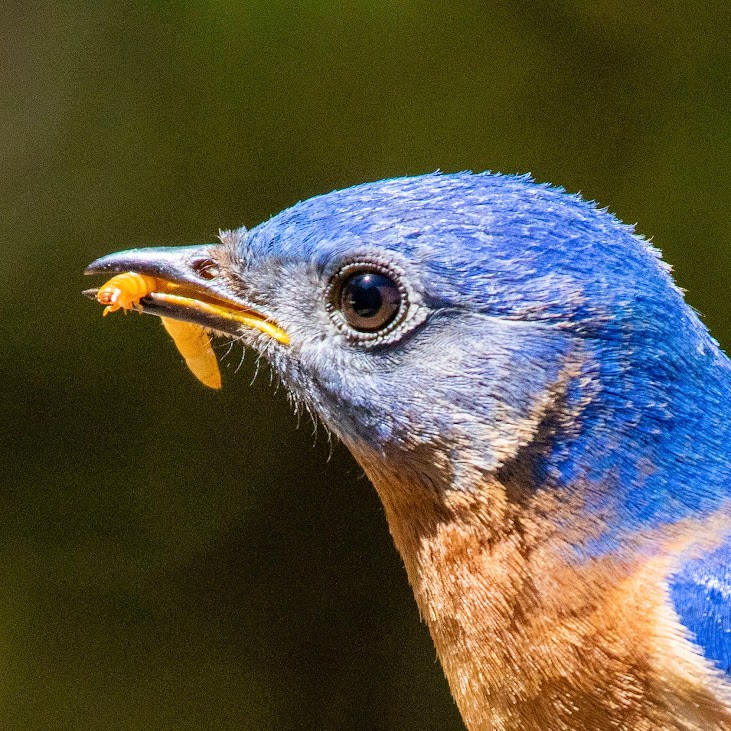
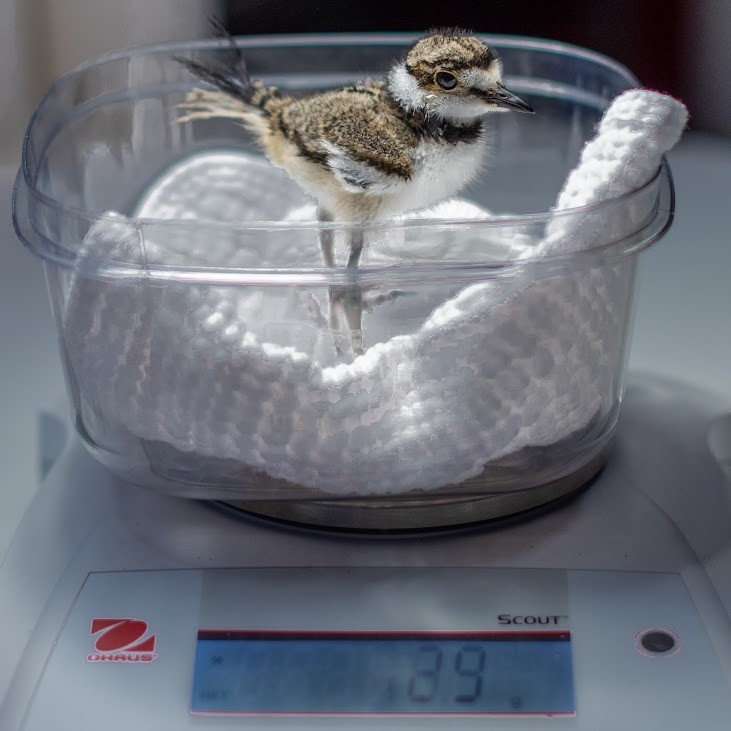
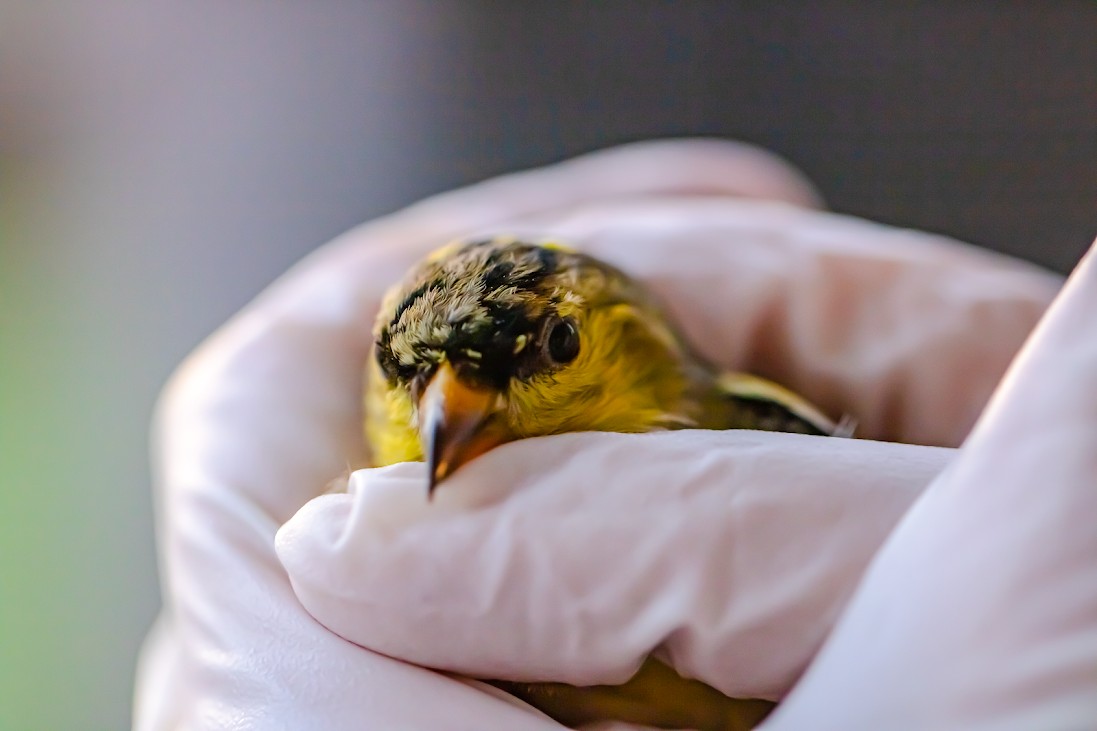
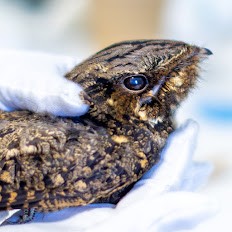
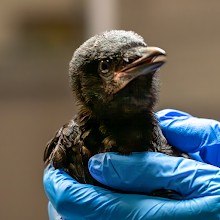
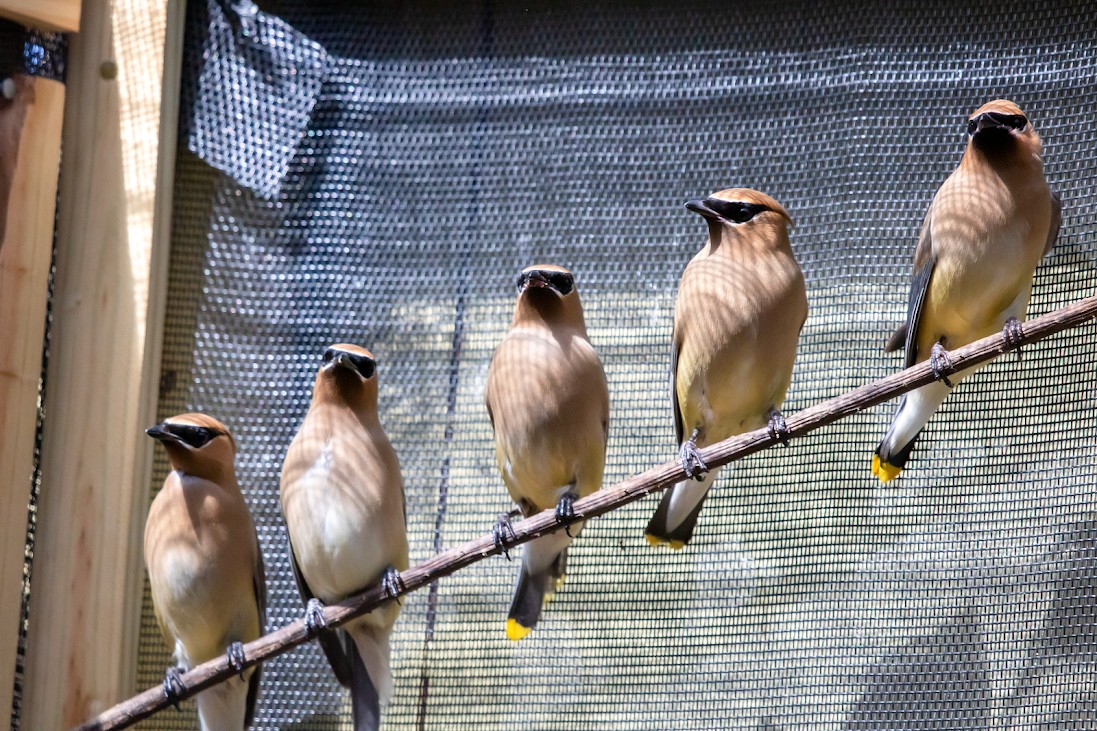
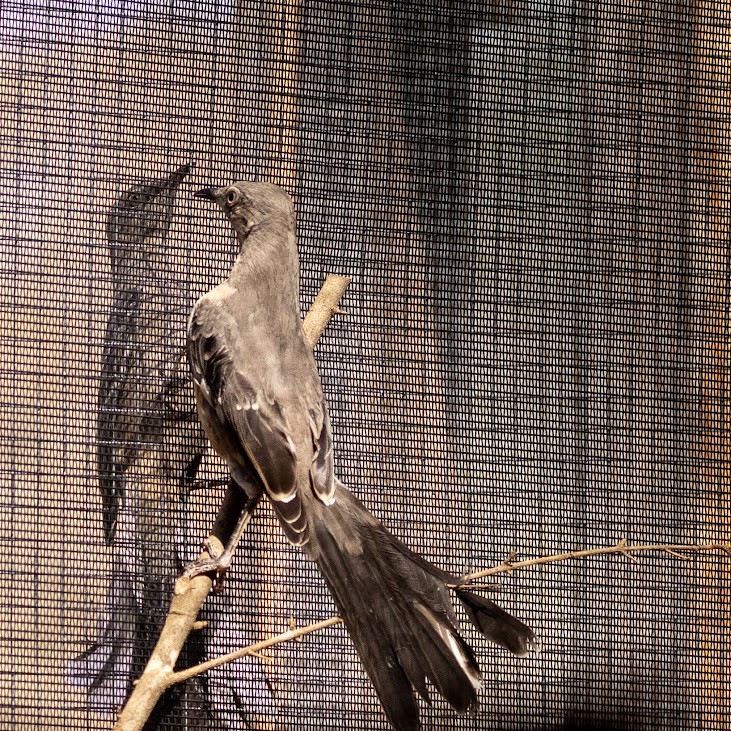
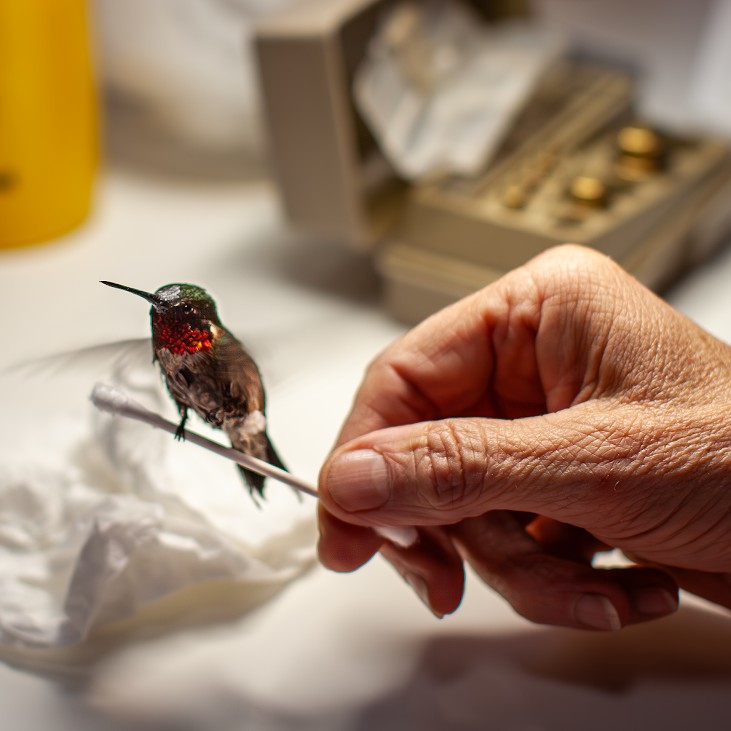
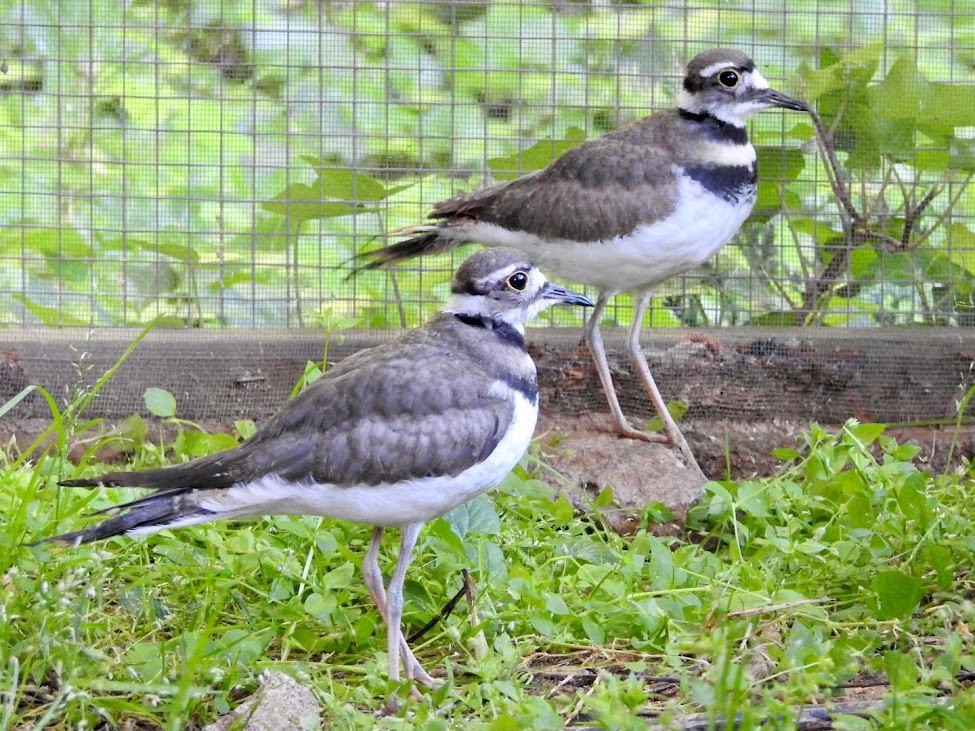
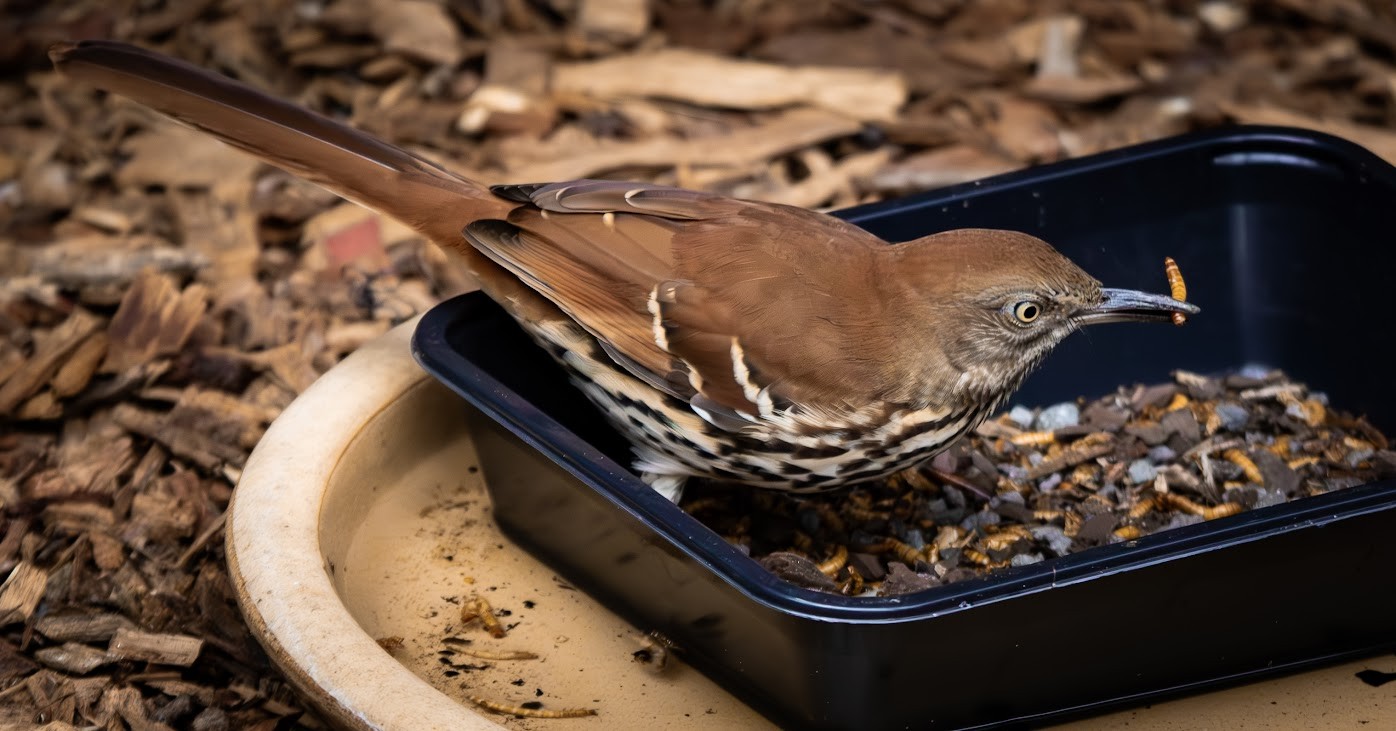
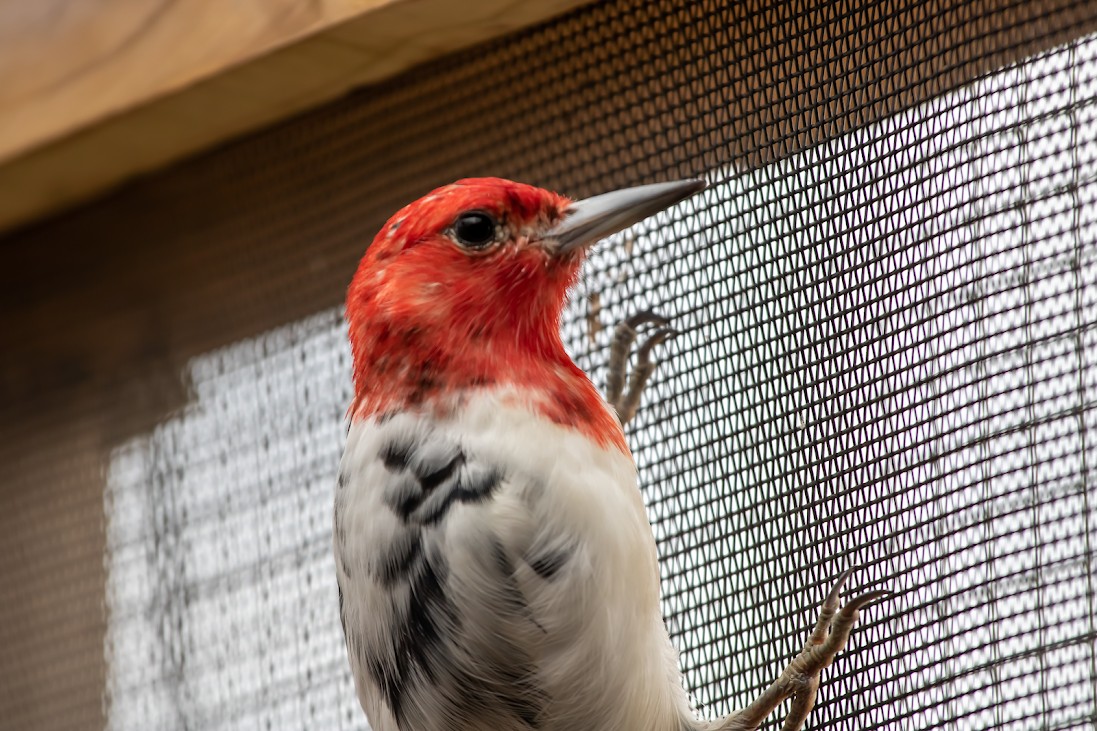
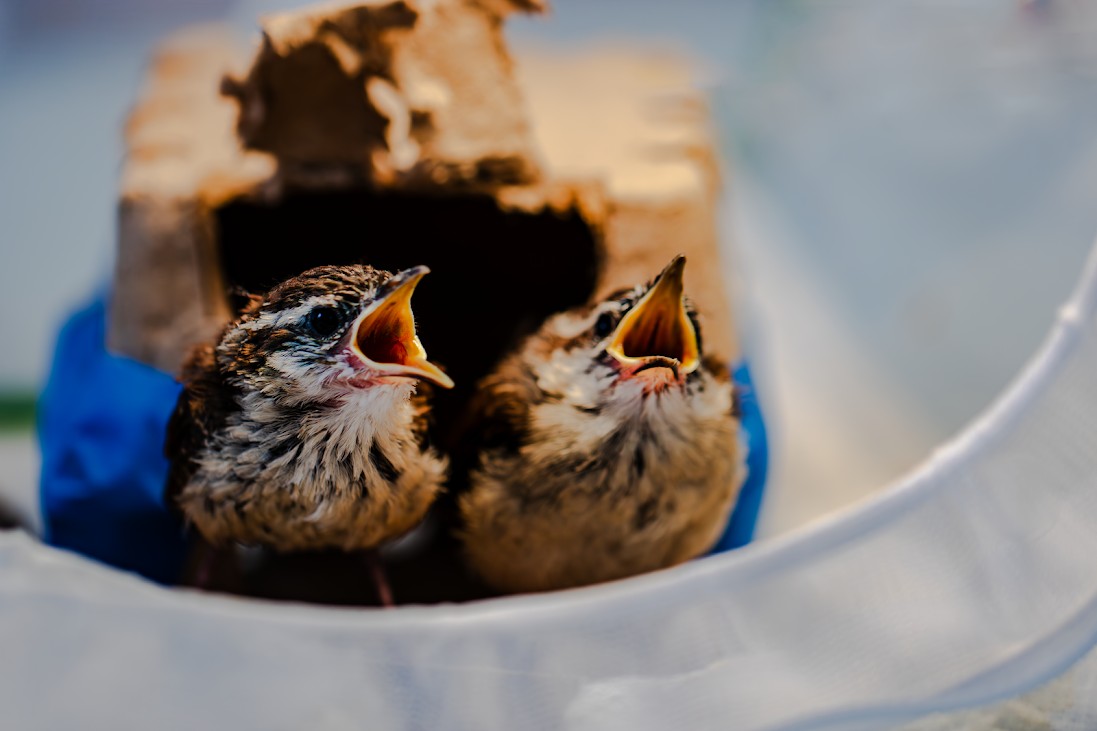
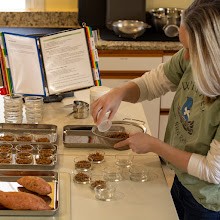
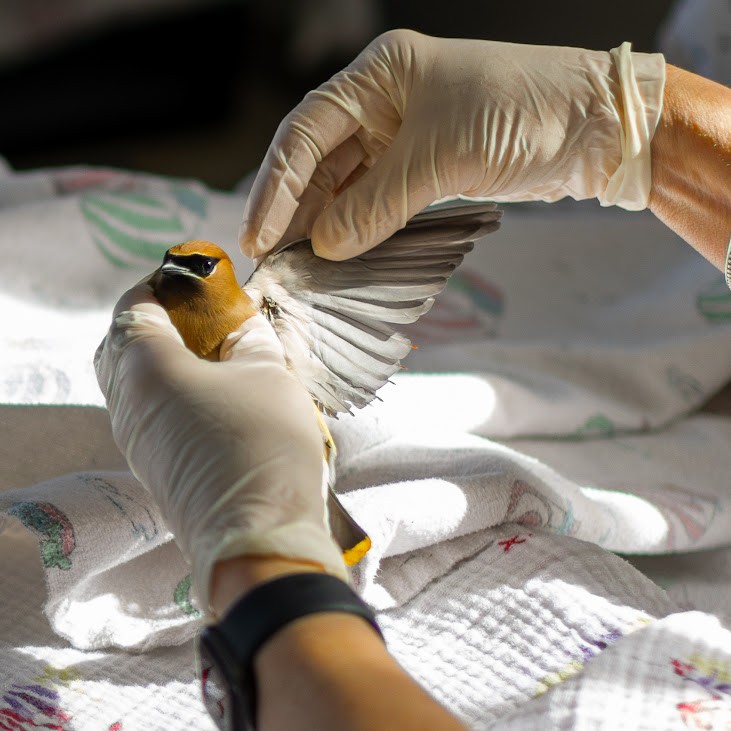
Image Credits
Dana Brooks
Wild Nest Volunteer













